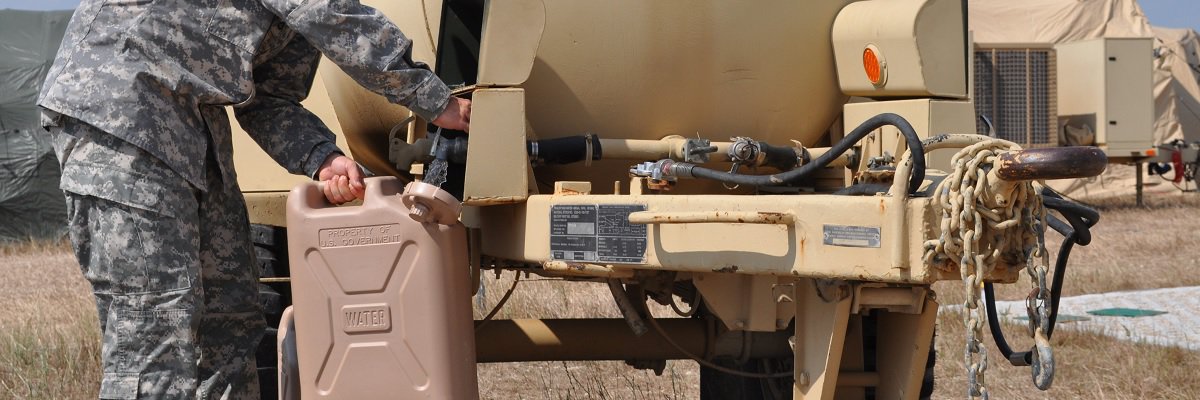In this week’s FOIA round-up, the U.S. Army charges an environmental group with a hefty FOIA fee, researchers discover that a sub-agency in the Department of Commerce is employing pictures of immigrants, dead people, and abused children in their facial recognition test program, and Texas public records are increasingly harder to get.
See a great use of public records we missed? Send over your favorite FOIA stories via email, on Twitter, or on Facebook, and maybe we’ll include them in the next round-up. And if you’d like even more inspiration, read past round-ups.
Army charges environmental group almost $300,000 for request
The U.S. Army recently charged the Environmental Working Group almost $300,000 for records on water tests conducted at 154 installations for chemicals known as PFAS, which may be linked to cancer and other illnesses. Army officials told the EWG that their request was too broad and would take approximately 6,400 work hours to complete. The activist group is in the process of appealing the fees.
It is absurd for @USArmy to demand almost $300K to release records related to water contamination on military bases. Americans have a right to know if the service members who keep us safe are drinking clean water. The Army should waive this offensive fee.https://t.co/yNf79uzBux
— Sen. Patrick Leahy (@SenatorLeahy) March 21, 2019
Read more about the situation here.
The federal government is testing facial recognition software with child pornography
Academic researchers Os Keyes, Nikki Stevens, and Jacqueline Wernimont discovered that the U.S. Department of Commerce’s National Institute of Standards and Technology has been using pictures of immigrants, dead people, and abused children in their Facial Recognition Verification Testing program. Software companies, researchers, and designers all test their facial recognition software via the program, and those that score well on the test are eligible for cash prizes ranging in the thousands of dollars. Through publicly available documents and FOIA requests, however, it was made apparent that NIST routinely uses images of travel visa applicants, deceased individuals known to the Federal Bureau of Investigation, and victims of child pornography.
Read more about the facial recognition testing on Slate.
Texas’ public records are increasingly harder to get
A study conducted by ABC13 and the Houston Chronicle found that only five percent of FOIA requests under Texas’ jurisdiction end in a full release of information - which is fewer than 2,000 of Texas’ total Public Information Act requests. The election of Attorney General Ken Paxton in 2015, the increasing reliance on FOIA exemptions, and the Texas Supreme Court case Boeing v. Paxton (2015) are to blame for the drop in successful requests.
Read more about the study here.
FOIA job opportunities
Open the Government is hiring a policy analyst to lead their FOIA work. Find more details here.
Read a great FOIA-based news story we should highlight? Let us know and maybe we can include it in our next roundup! Send it over via email, on Twitter, or on Facebook.
Image by Sergeant Heather Denby via Wikimedia Commons




